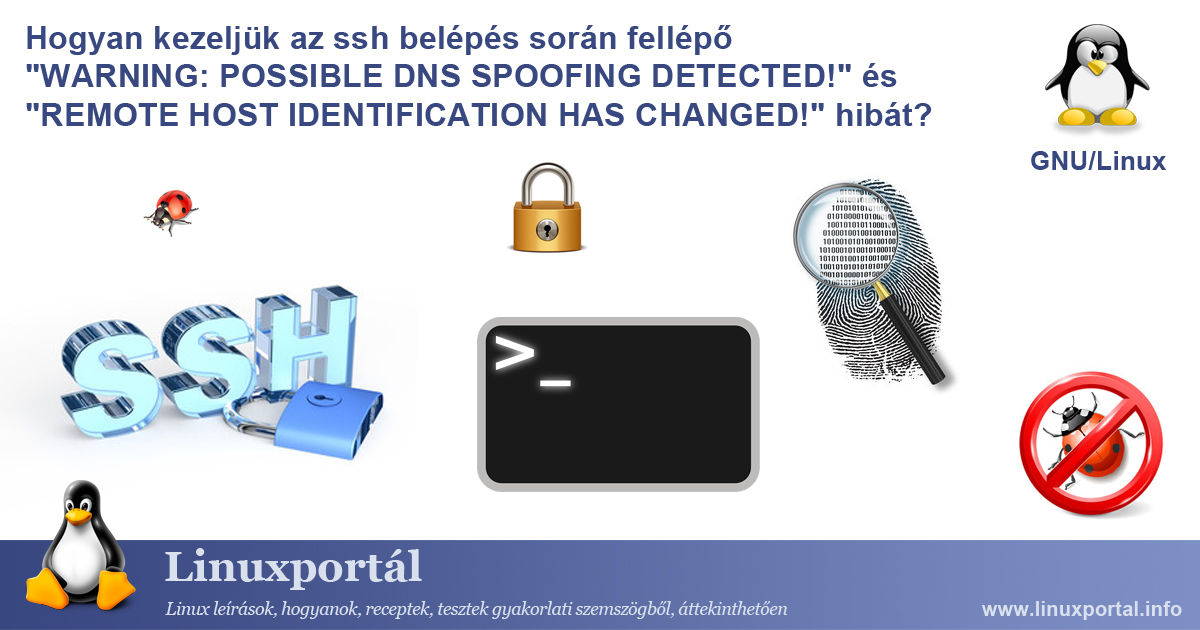Installing, configuring and using a UFW firewall on Debian / Ubuntu systems
UCW (Uncomplicated Firewall) is an easy-to-use netfilter firewall management program. It uses a command line interface that consists of a few simple commands and uses iptables for configuration, so it is the frontend of iptables. In this description we will look at the installation and basic use and configuration of the UFW firewall, the steps of which I will perform on a minimal Debian 11 server.





